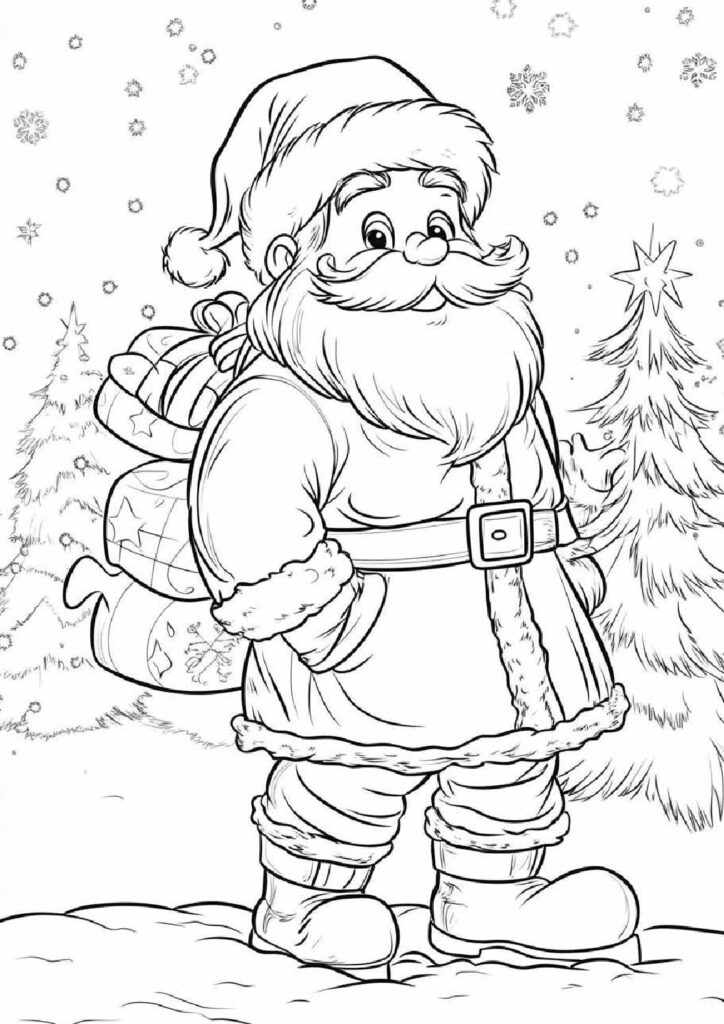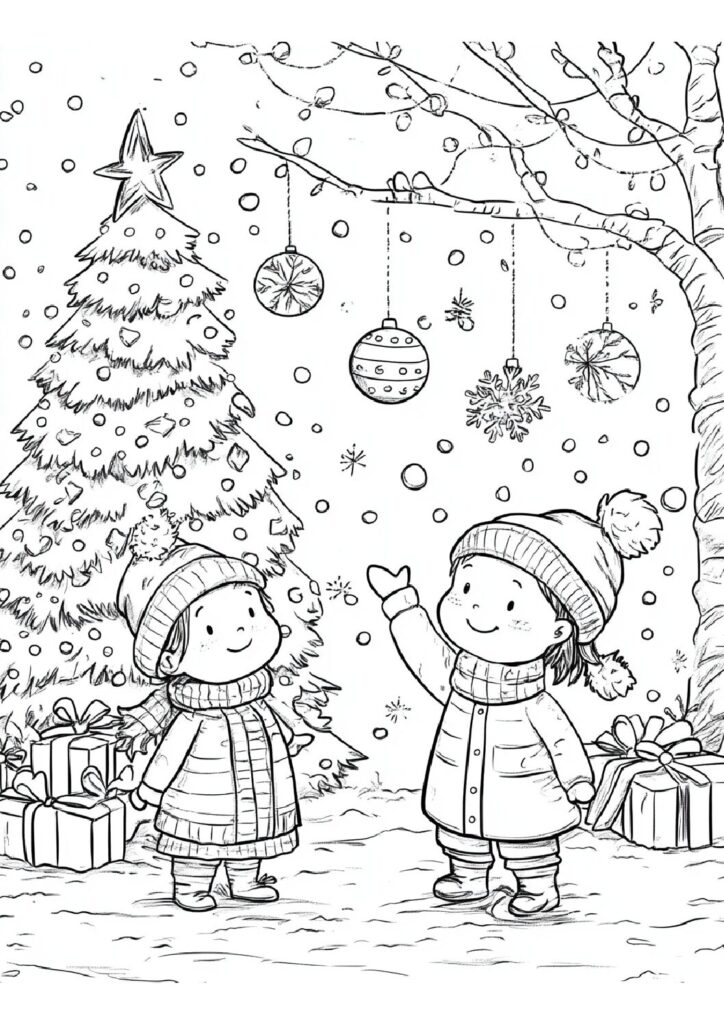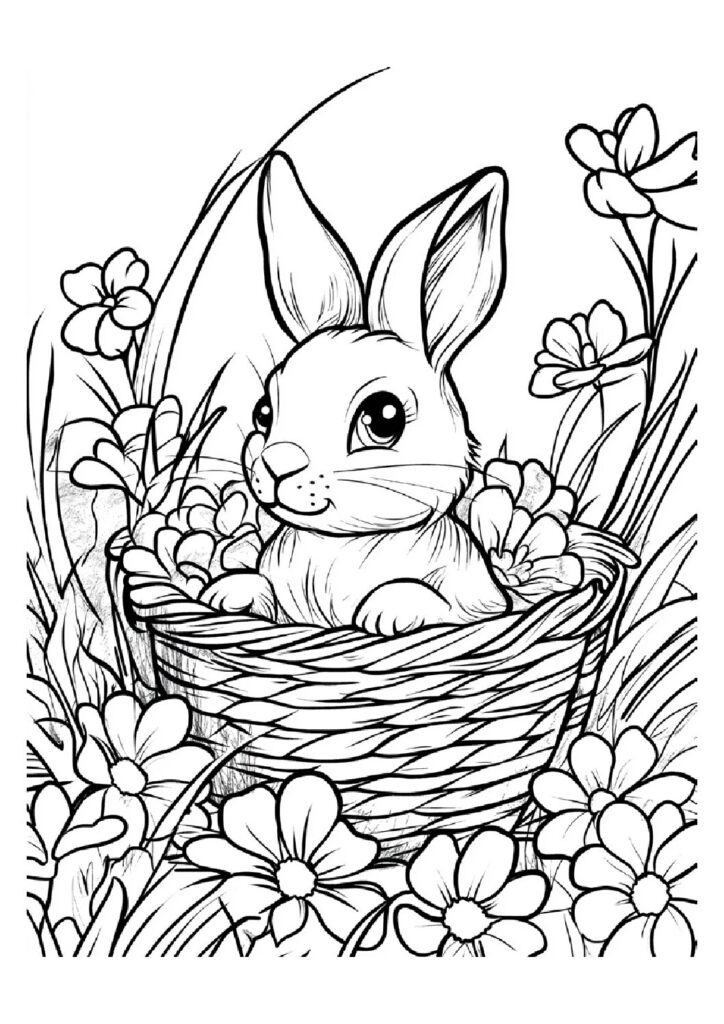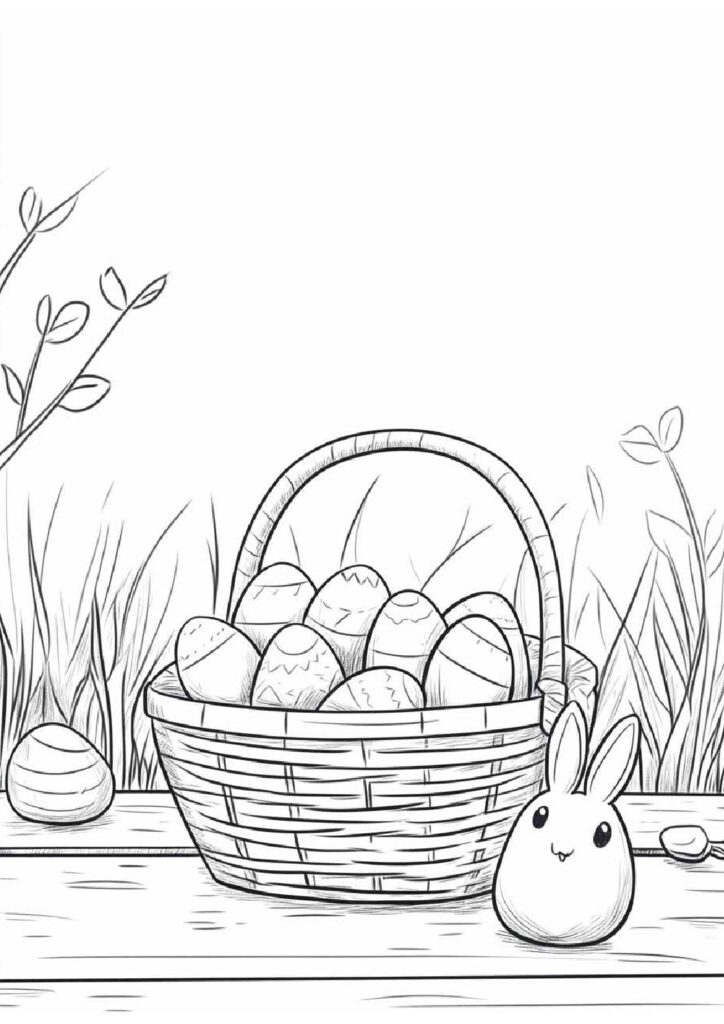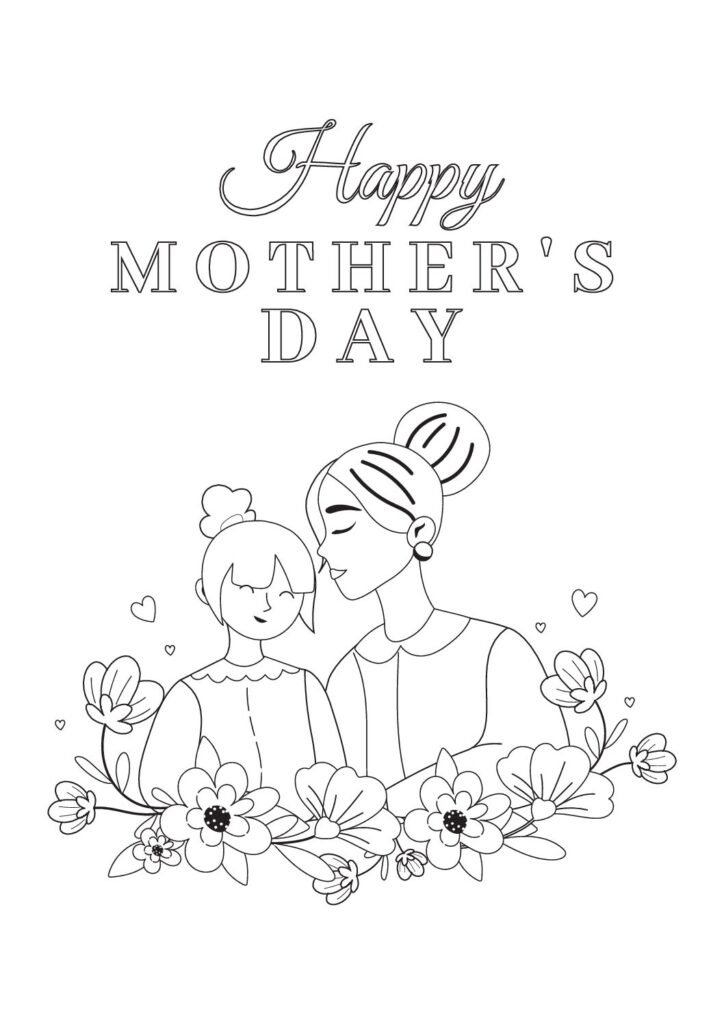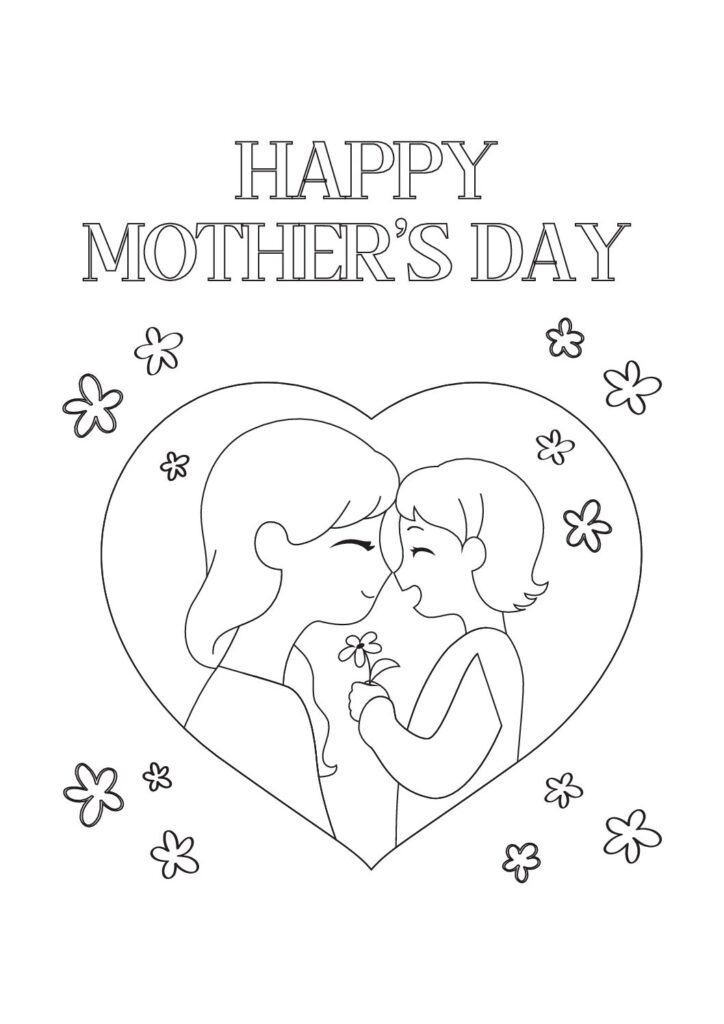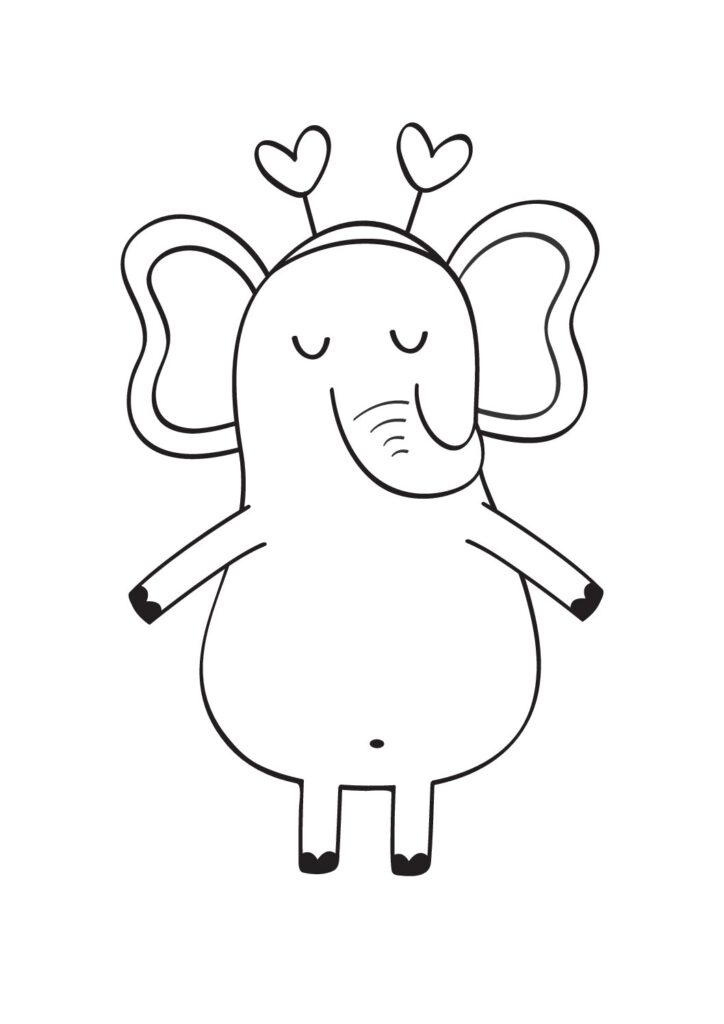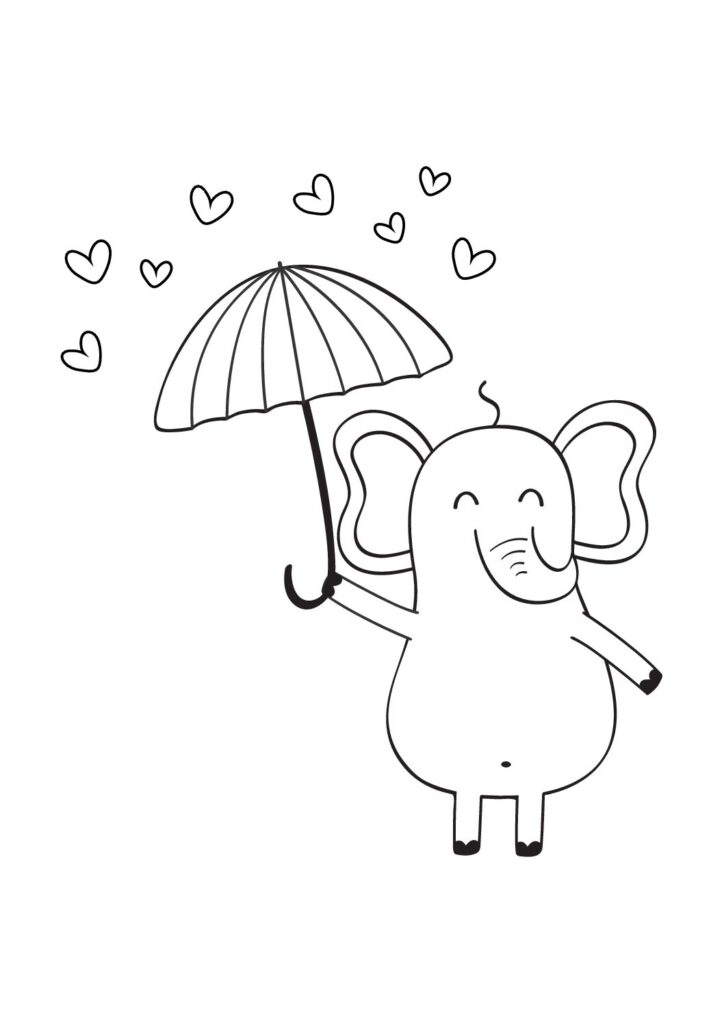Festivals & Holidays Coloring Pages
Celebrate into our free printable festival and holiday coloring pages featuring joyful seasonal designs in their festive glory! Download high-quality sheets showcasing popular celebrations like Christmas, Halloween, Easter, Diwali, and Hanukkah displaying the unique symbols, characters, and traditions associated with these special occasions. Perfect for kids and holiday enthusiasts, these detailed illustrations capture the merry spirit of these remarkable cultural events known for bringing people together around the world. Each printable sheet brings beloved holiday moments to life, highlighting cheerful scenes, traditional symbols, and the warmth of seasonal celebrations!
Vibrant Festival and Holiday Facts: Your Complete Global Celebration Guide
Introduction
Festivals and holidays represent humanity’s most vibrant expressions of cultural identity, religious devotion, and communal celebration, with thousands of distinctive observances occurring worldwide throughout the calendar year. These special occasions—ranging from ancient religious ceremonies predating written history to modern commemorations established within living memory—serve essential social functions by strengthening community bonds, preserving cultural heritage, and providing meaningful breaks from everyday routines while creating collective memories that span generations.
Ancient Origins
Many contemporary celebrations trace their origins to prehistoric astronomical observations and agricultural cycles, with evidence of seasonal festivals dating back over 12,000 years to early agricultural societies. Winter solstice celebrations appeared independently across diverse ancient civilizations from Rome to China, evolving into modern observances including Christmas and Dongzhi Festival, while harvest celebrations emerged wherever agriculture developed, demonstrating how early humans universally marked significant seasonal transitions through communal ritual and celebration.
Religious Significance
Festivals often serve as the most visible expressions of religious devotion, with approximately 42% of annual holidays worldwide connected to spiritual traditions. Major observances like Ramadan, Diwali, and Easter provide structured times for reflection, renewal, and community strengthening, with participation often extending beyond strictly religious adherents to broader cultural participation. These sacred occasions typically combine spiritual practices with distinctive food traditions, music, and symbolic decorations that engage multiple senses while reinforcing cultural identity.
Economic Impact
Global celebrations generate remarkable economic activity, with major holidays creating significant employment and revenue across multiple sectors. Christmas alone drives approximately $1 trillion in annual spending worldwide, while Lunar New Year generates over $100 billion across Asian economies through travel, gifts, and food expenditures. Tourism specifically targeting festival experiences has grown into a multi-billion-dollar industry segment, with events like Brazil’s Carnival, India’s Holi, and Spain’s Running of the Bulls attracting millions of international visitors annually.
Cultural Preservation
Festivals serve as crucial mechanisms for preserving cultural heritage, with traditional celebrations often maintaining languages, crafts, music, and culinary practices that might otherwise disappear amid globalization pressures. Indigenous celebrations like Bolivia’s Oruro Carnival and Japan’s Ainu Bear Festival preserve ancient cultural elements while adapting to contemporary contexts, demonstrating how festivals evolve while maintaining core cultural connections. UNESCO now officially recognizes numerous celebrations as Intangible Cultural Heritage, acknowledging their importance to human diversity.
Psychological Benefits
Research demonstrates that holiday celebrations provide significant psychological benefits including reduced stress hormones, increased social connection, and improved mental wellbeing through structured breaks from routine. Regular participation in community celebrations correlates with higher reported life satisfaction and stronger social support networks, while annual traditions create “time landmarks” that help people conceptualize their life narratives. These benefits appear consistent across cultures despite substantial differences in specific celebration forms.
Evolving Traditions
While many celebrations maintain ancient roots, festivals continuously evolve in response to social changes, technological developments, and cultural exchange. Modern observances like Earth Day (established 1970) and International Women’s Day demonstrate how new celebrations emerge to address contemporary values, while traditional holidays frequently incorporate new elements—from LED lighting transforming light-based celebrations to social media creating new participation forms for diaspora communities maintaining connections to ancestral traditions across continents.
